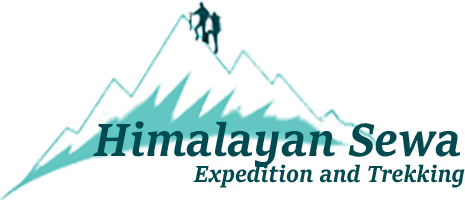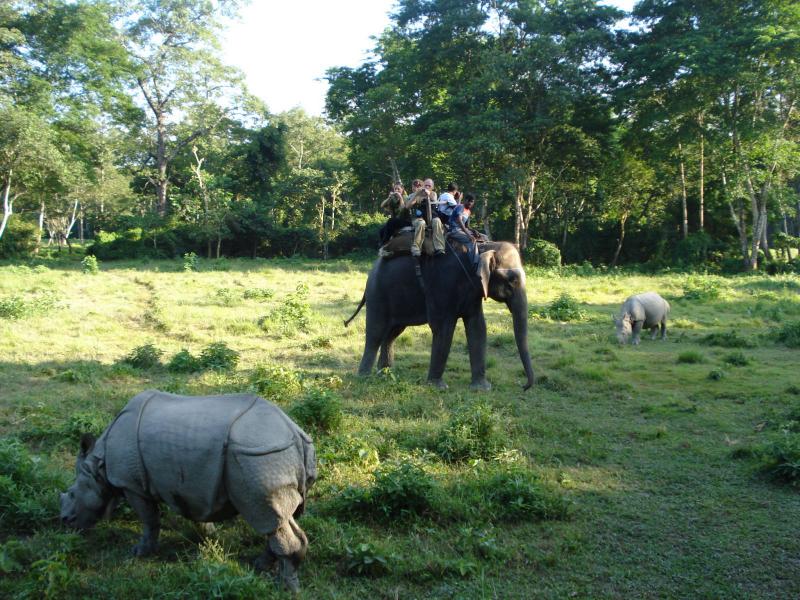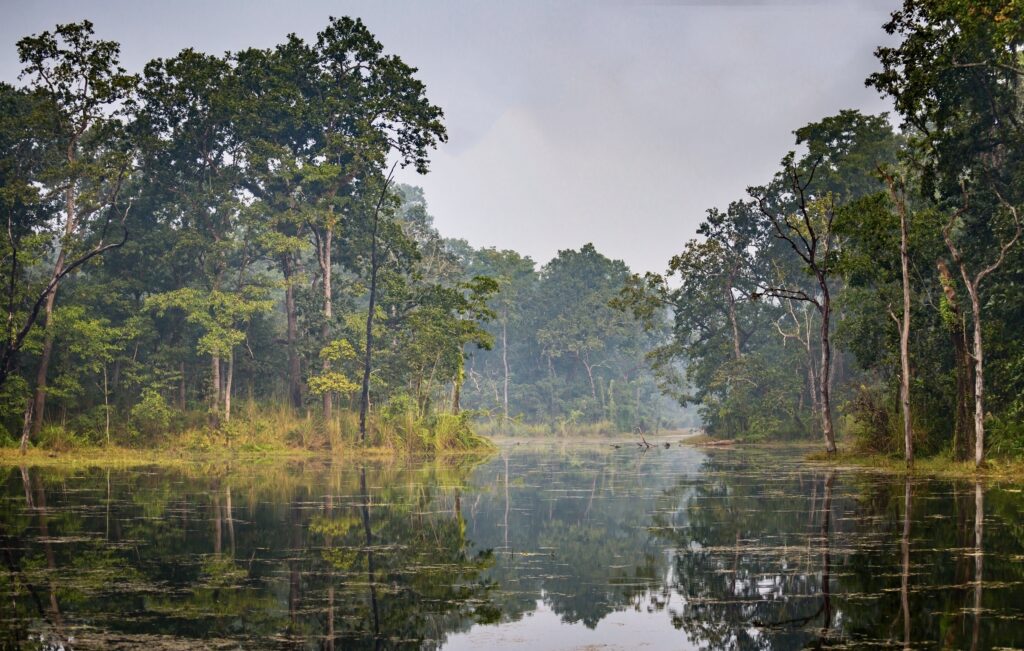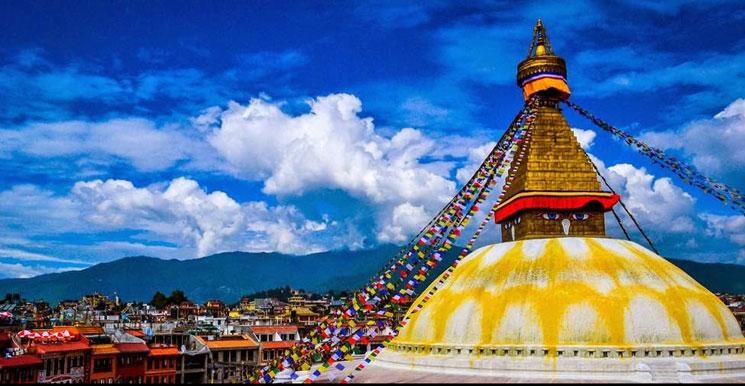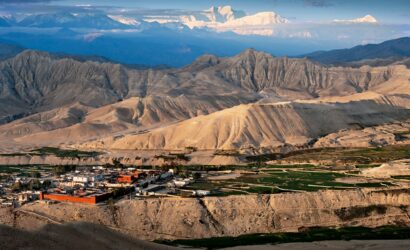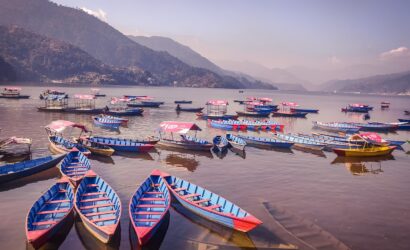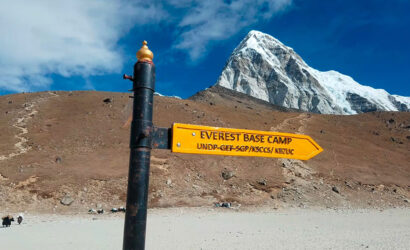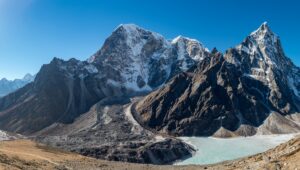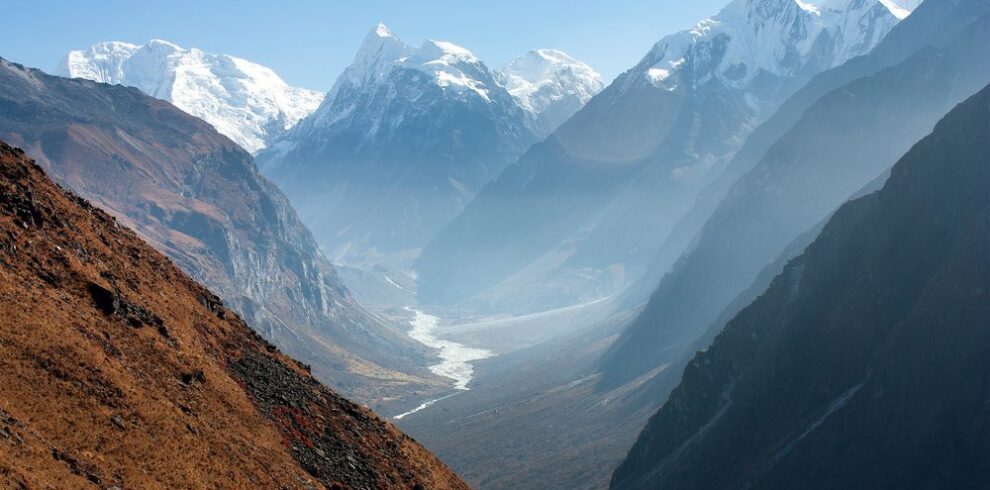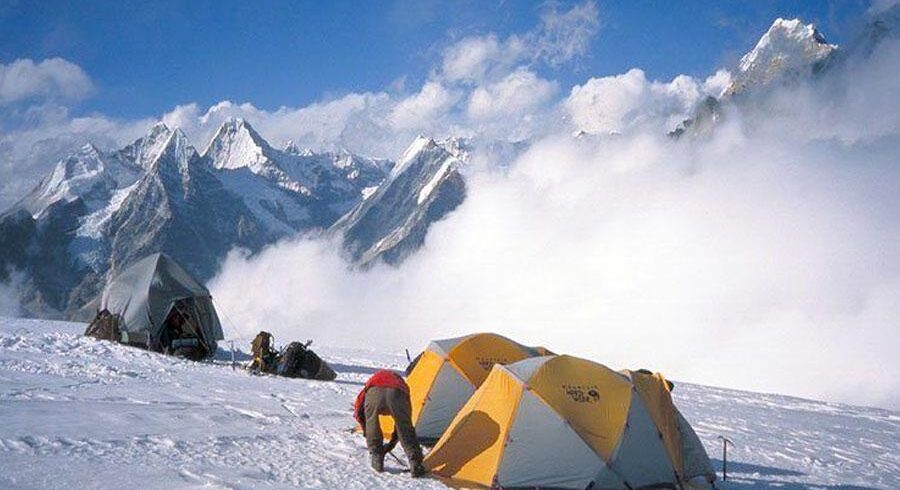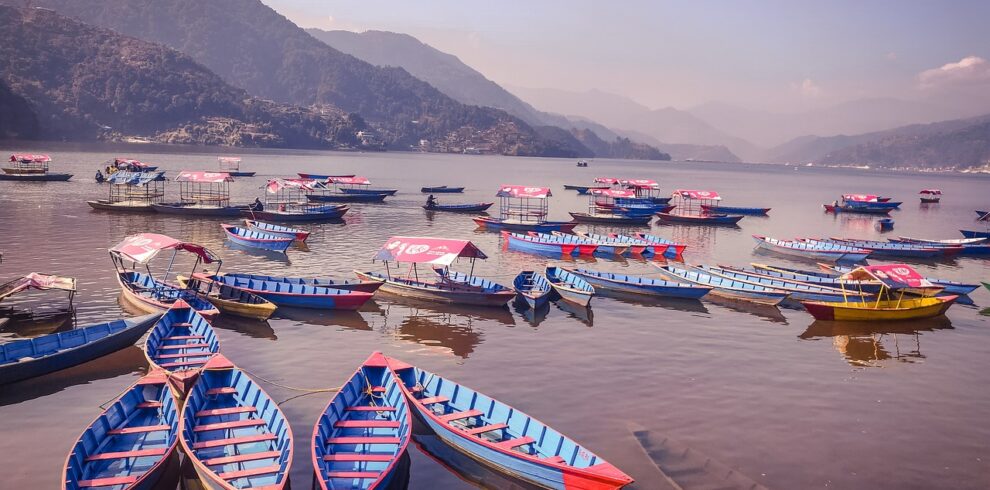Welcome to the Kathmandu Chitwan Tour: A Harmonious Blend of Culture and Wildlife!
Explore the Heart of Nepal with Our Unique Tour Package
Embark on an extraordinary journey that combines the vibrant cultural tapestry of Kathmandu with the exotic wildlife of Chitwan National Park. Our Kathmandu Chitwan Tour is designed to provide you with an enriching experience, offering a perfect balance between ancient heritage and pristine nature.
Tour Highlights:
- Kathmandu – The Cultural Capital:
- Begin your adventure in Kathmandu, a city steeped in history and adorned with UNESCO World Heritage Sites.
- Visit Swayambhunath Stupa, also known as the Monkey Temple, offering panoramic views of the Kathmandu Valley.
- Explore Pashupatinath Temple, a sacred Hindu pilgrimage site on the banks of the Bagmati River.
- Immerse yourself in the vibrant atmosphere of Durbar Square, showcasing traditional Nepalese architecture.
- Chitwan National Park – Wildlife Wonderland:
- Journey to Chitwan National Park, a UNESCO World Heritage Site and Nepal’s first national park.
- Enjoy thrilling wildlife activities, including jungle safaris, elephant rides, and bird watching.
- Encounter diverse wildlife such as rhinoceros, Bengal tigers, elephants, and an array of bird species.
- Experience the rich Tharu culture with a traditional dance performance and village walk.
- Adventure and Relaxation:
- Engage in adventurous jungle activities during the day and relax in comfortable lodges or resorts in the evenings.
- Enjoy the tranquility of the park, surrounded by lush greenery and the sounds of nature.
Overview
Travel is the movement of people between relatively distant geographical locations, and can involve travel by foot, bicycle, automobile, train, boat, bus, airplane, or other means, with or without luggage, and can be one way or round trip. Travel can also include relatively short stays between successive movements.
The origin of the word “travel” is most likely lost to history. The term “travel” may originate from the Old French word travail, which means ‘work’. According to the Merriam Webster dictionary, the first known use of the word travel was in the 14th century.
It also states that the word comes from Middle English travailen, travelen (which means to torment, labor, strive, journey) and earlier from Old French travailler (which means to work strenuously, toil). In English we still occasionally use the words “travail”, which means struggle. According to Simon Winchester in his book The Best Travelers’ Tales (2004), the words “travel” and “travail” both share an even more ancient root: a Roman instrument of torture called the tripalium (in Latin it means “three stakes”, as in to impale).
